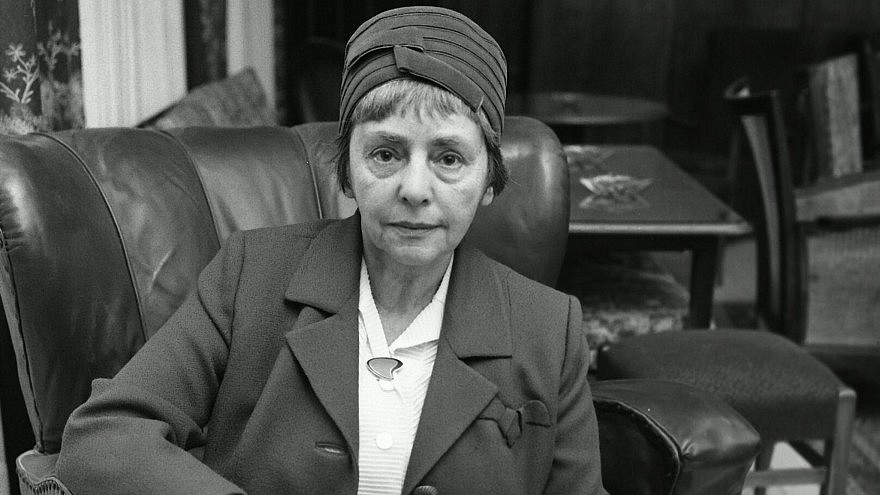Marie Syrkin was one of those Jewish children raised in Zionism as a way of life and as a creed. While others turned away, Syrkin embraced her calling, leading a most remarkable 20th-century Zionist life.
Born in Switzerland to her prominent Zionist parents Nachman and Bassya Syrkin, Marie had an itinerant childhood, learning five languages by the age of 10. Her family’s voyages ending in New York, it was there that she graduated high school.
Forced by her father to annul a youthful marriage, Syrkin received degrees from Cornell University and married for a second time. Her desire to continue writing and working resulted in a second divorce. Returning to New York City as a single mother, she began a career as a high-school teacher to support herself and her child, while embarking on several other vocations, including reporter, translator and speechwriter.
Syrkin’s reputation and importance comes from her dogged efforts on behalf of Zionism in America, later in Europe, and finally in Israel. She wrote speeches for Chaim Weizmann and Golda Meir, whose biography she would later write. She recorded testimony from Holocaust survivors and exposed the horrors of the Soviet Union. Her valuable dispatches from Palestine before and during the War of Independence described the bravery and the hardships of Jewish resistance, and refuted false claims about the circumstances of the Arab flight from Israel during the 1948 war.
Devotion to the creation of a Jewish state was a consistent theme of all her literary pursuits. Among her outlets was The Jewish Frontier, for which she was a reporter and editor. In that publication, she called for increased Jewish emigration before the war, and in its pages in 1942, she disclosed news of a cable, originally intended for Stephen Wise, detailing the “systematic murder” of Jews by the Nazis.
In the following years, she traveled back and forth to Europe and Palestine, publicizing the condition of Jewish displaced persons, agitating for their assistance, and helping many of them to receive Hillel scholarships. She also authored a report, later adapted for the United Nations, on the militaristic intentions of Arab nationalists, disproving claims that Israel had deliberately damaged mosques. Accepting a professorship at Brandeis in 1950, Syrkin started the new field of literary study of the Holocaust.
A true woman of valor, Syrkin fought for the Jewish people and for Israel throughout her life.


























